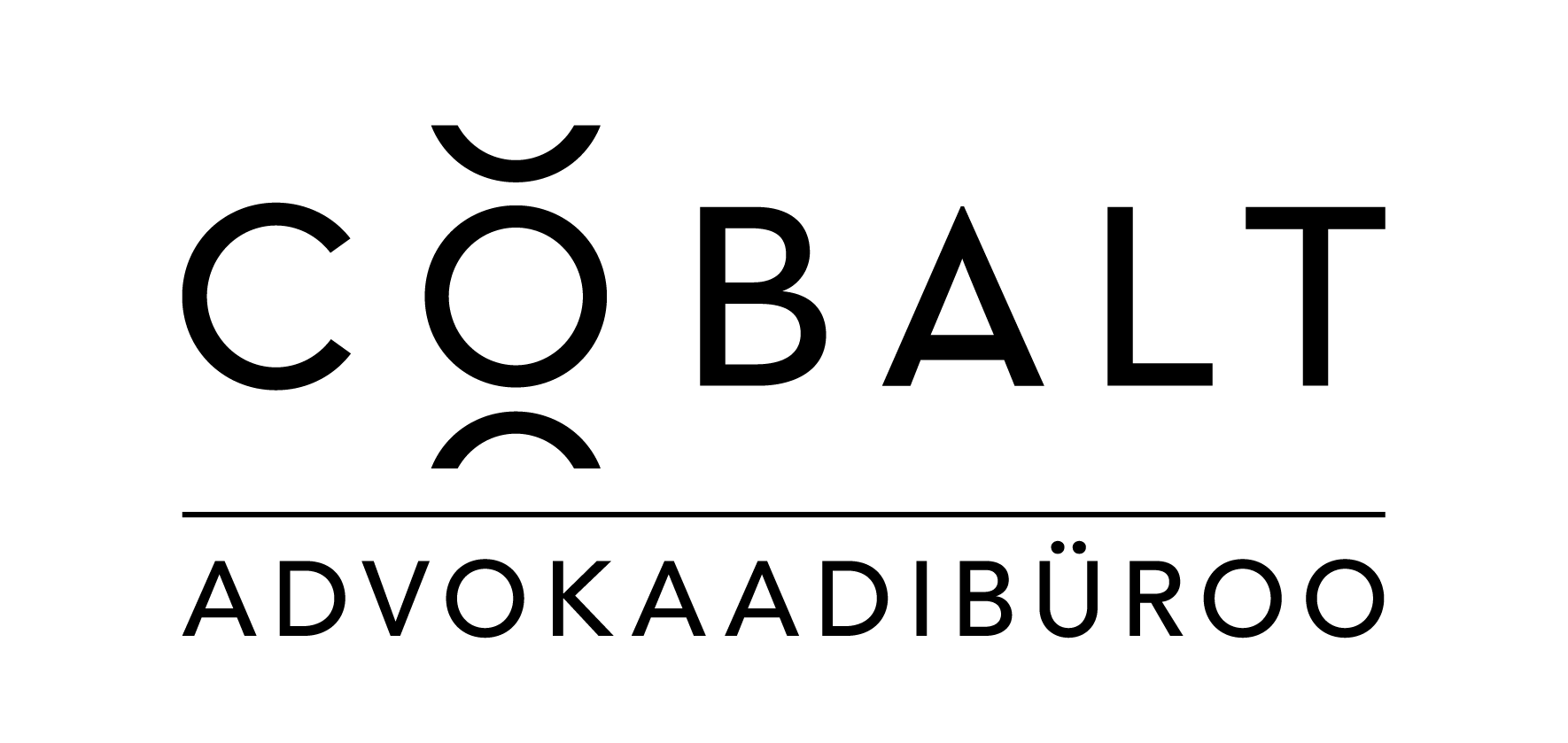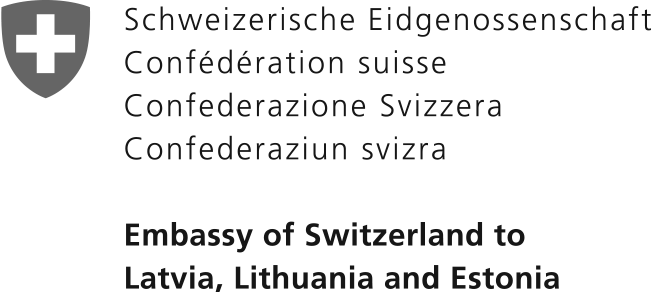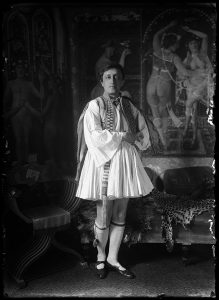Elisarion: Elisàr von Kupffer and Jaanus Samma
This exhibition brings together the works of the Baltic-German artist Elisàr von Kupffer (1872–1942) and the Estonian artist Jaanus Samma (b. 1982). Elisàr von Kupffer, also known as Elisarion, was a colourful personality, versatile creator and something of a visionary. He was passionate about painting, literature, art history and philosophy. He was also one of the founders of the neo-religious movement Clarism (German klar “clear”).Today, Kupffer is recognised as a pioneer who promoted tolerance for people of different sexual orientations.
In the exhibition, Elisàr von Kupffer’s homoerotic paintings, influenced by ancient and Renaissance art, are in dialogue with contemporary works by Jaanus Samma, who explores the sexuality of Estonian peasants and queer folk art. His works highlight the relationship between Estonian peasants and the German-speaking elite: a fusion of fear, hostility and desire, and a juxtaposition of the high and the low.
Jaanus Samma has created a new video work for the exhibition, The Clear World of the Blissful. Also on display is Karl Joonas Alamaa’s installation Limited Fun.
Exhibition views
Gallery
Who was Elisàr von Kupffer?
Elisàr von Kupffer’s early works date from his youth in Estonia in the 1890s and depict places that were important to him: his home in Ambla doctor’s house and later at Jootme Manor, other manor houses in the area, historical monuments and the scenery of northern Estonia. Kupffer studied briefly at the Berlin Academy of Arts, but was largely self-taught as an artist. While living in Italy and Switzerland, he created a pictorial world in line with his own religion and world-view: Clarism.
Most of his paintings date from between 1905 and 1930. His works offer many parallels with earlier art history – ancient and Renaissance art – as well as German and French Symbolism. Kupffer often depicted himself in the nude, provocatively displaying nudity and blurring gender boundaries.
The gender fluidity and public display of homosexuality that characterise his work make him a pioneering figure in the history of visual culture. This was first acknowledged by the renowned Swiss curator Harald Szeemann. He arranged for Kupffer’s masterpiece, the 25-metre circular painting Die Klarwelt der Seligen (The Clear World of the Blissful), to be transferred to the Monte Verità Foundation museum complex in Ascona, where it has been on permanent display since 2020, following major restoration. At Kumu’s exhibition, you can see this work in a video installation specially created for the exhibition by Jaanus Samma.
In autumn 2023, renovation work was completed on the Sanctum Artis Elisarion villa, the home of Kupffer and his lifelong partner Eduard von Mayer (1873–1960) near Lake Maggiore in Switzerland. The villa is now owned by the local government and houses the Elisarion Cultural Centre and Museum (Centro Elisarion), which manages the artist’s estate and promotes his work internationally.
Artworks displayed
Gallery
Gallery
Poster image
Gallery
Team
Curators: Andreas Kalkun, Kadi Polli and Hannes Vinnal
Technical support: Tõnis Medri
Graphic design: Tuuli Aule
Coordinator: Magdaleena Maasik
Exhibition team: Richard Adang, Kaarel Eelma, Kadi-Riin Haasma, Inga Jaagus, Kaja Kährik, Liina Lepik, Maria Lota Lumiste, Renita Raudsepp, Terje Tammearu, and Kätlin Tischler-Süld
We thank: Comune di Minusio – Centro Elisarion, Fondazione Monte Verità, University of Tartu Art Museum, University of Tartu Natural History Museum, Estonian National Museum, private collections, Claudio Berger and Nicoletta Mongini



Press coverage
-
Gallery: Exhibition of Elisàr von Kupffer and Jaanus Samma's work opens at Kumu. ERR News. 26.03.24https://news.err.ee/1609295019/gallery-exhibition-of-elis-r-von-kupffer-and-jaanus-samma-s-work-opens-at-kumu
-
Elisarion: Elisàr von Kupffer and Jaanus Samma. MOST. 19.06.24https://mostmagazine.org/2024/06/19/elisarion-elisar-von-kupffer-and-jaanus-samma/






























